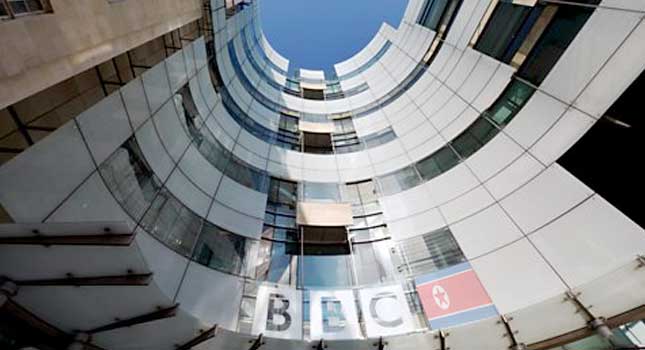
For us, there are two main positives to the BBC World Service broadcast, as it allows Brits abroad to keep up-to-date with international news and developments, while also giving foreign nationals the chance to tune in to some level of impartial news coverage. In the case of North Korea, it’s the latter that’s arguably the most relevant point as it will give people a chance to find out more about the wider world in a country that has historically been closed to external media sources.
It will also allow for an element of cultural engagement that isn’t really possible right now, unless you’re as adventurous as Dom Jolly on his Dark Tourist exploits. For us, cultural exchange is one of the biggest benefits of a free society, allowing for diverse ideas, theologies and viewpoints to exist and providing a rich mix of society that has a number of benefits, not least of which is the sheer variety of restaurant choices we have in the UK.
Hopefully, one day we’ll be able to include North Korean food on the list of possible options, but right now we’ve got no idea what North Korean cuisine tastes like, because of the lack of open communication and freedom to travel. Vague flippancy and a light hearted spirit aside, the BBC’s plans to broadcast in the country is possibly the most significant change in a long time, so it could be a first step to more open dialogue in general.
The expansion plans build from the BBC’s Future Of News report, published earlier this year, which concluded that, “in many parts of the world, there is not more free expression but less”. However, the proposals appears to be contingent on getting funding from the government to support the World Service, so the plans may only go ahead if negotiations goes in favour of them.
Though it’s not a done deal by any stretch of the imagination, it’s one that could help to bridge an unfortunate gap that has been allowed to build over time. In fact, it would be cool to see it go even further as the years go by. Broadcasting the new Danger Mouse cartoon in North Korea would probably be the pinnacle of the development for us, but we’d also be keen to see a North Korea season on the Beeb, similar to the impressive India season that we’re currently getting.
Other countries included in the development include Russia, India and the Middle East and for us, the more we all share ideas, the better we’ll all be. Tony Hall was keen to reiterate that the plans are designed to do just that. He commented that, “an open BBC is a million miles away from an expansionist ambition. Indeed it is the polar opposite. It comes from the desire to partner and share.” A healthy amount of cynicism isn’t without its merits on that score, but seen with a little rosey tint it can only be a good thing.
The plans announced also included the proposal of a children’s iPlayer, which returns to our point about Danger Mouse, but then you can probably include Doctor Who Series 9 and the latest episodes of Natural World into the mix too. Fingers crossed for North Korea.


